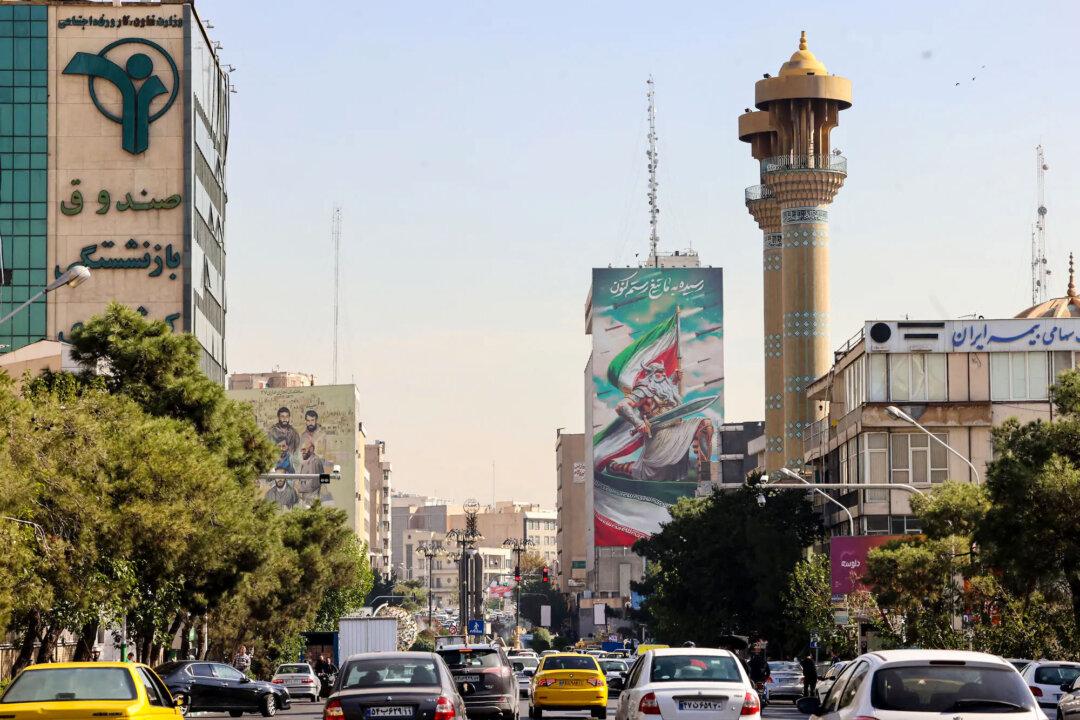Israel says that its airstrikes on military targets in Iran on the morning of Oct. 26 have concluded Israel’s retaliation for Iran’s ballistic missile attacks on April 13 and Oct. 1.
Iran’s military said early on Oct. 26 that Israeli strikes on the country targeted military bases in Ilam, Khuzestan, and Tehran provinces, causing “limited damage,” but that two soldiers were killed.





